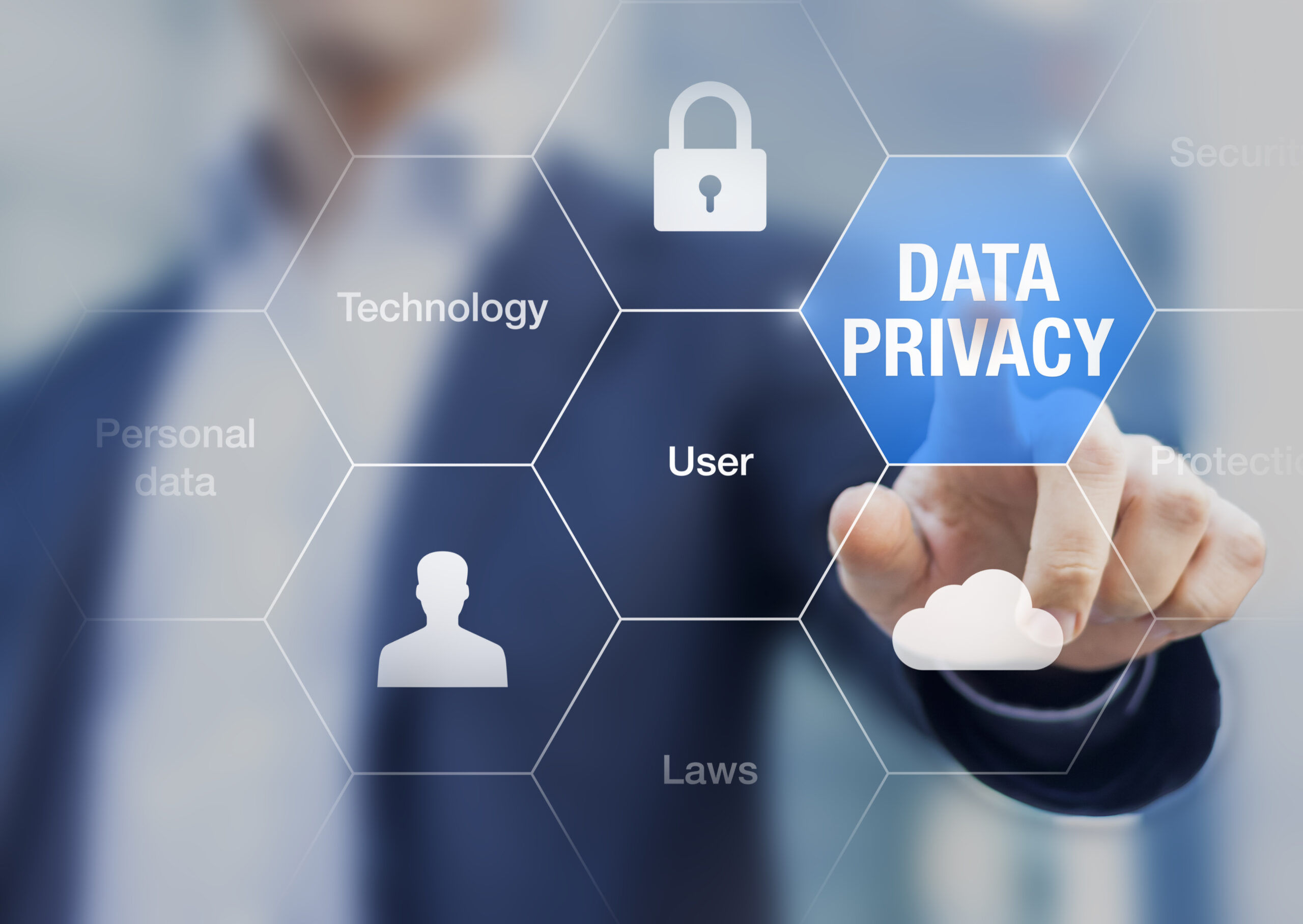- The concept of the metaverse is quickly gaining traction.
- That said, most American Adults fear that their personal data could be misused.
- This reality informs the urgent need to adopt measures that protect user data and privacy.
We’re on the cusp of a new era in human history in which the metaverse goes mainstream. For those unfamiliar with the term, the metaverse is a virtual world with which people can explore and interact just like the physical world. And it’s not just some futuristic fantasy; there are already metaverse platforms up and running, with more being developed all the time.
But as with any new technology, there are concerns about its potential impact on society. One of the key concerns is the security of personal data. BanklessTimes has looked into recent data which shows that 55% of American adults worry about the potential misuse of their data while using the metaverse.
This is understandable given the amount of personal information required to create an avatar, such as name, email address, and physical appearance. In the metaverse, everything is digital, including our personal information.
That means that there’s a risk of our data being hacked or stolen. And given how much sensitive information we entrust to companies like the Mark Zuckerberg-led Meta, it’s a real concern.
Metaverse Provides Opportunities For Misusing User Data
BanklessTimes CEO Jayson Andrews.As more and more aspects of our lives move online, we are entrusting increasing amounts of personal data to corporations and service providers. In the metaverse, this data would include not just our personal information but also our avatars, which are virtual representations of our physical selves. This raises the question of who can access this data and how they could misuse it.
Merry adds that there have been instances where corporations, including Meta’s Facebook, have faced accusations of misusing user data and sharing it without consent. If the metaverse goes mainstream, these abuses could become even more common.
There is a risk that our data could be subject to improper use to manipulate or control us in very subtle ways. Therefore, we must have robust security to safeguard our personal data on the platform.
So Which of Our Personal Data is at Risk?
Much like how we create our social media profiles to present ourselves to the world, the metaverse allows us to create virtual selves that we can use in various ways. Using virtual reality (VR) technology, we can immerse ourselves in virtual worlds and explore them as our virtual selves.
Similarly, we can use augmented reality (AR) to overlay virtual objects in the real world, allowing us to interact with them more realistically. Finally, mixed reality (MR) combines aspects of both VR and AR to create an even more immersive experience.
Fears of Intrusive Advertising
We are getting closer to creating digital avatars that accurately represent us as digital technology advances. To do this, we’ll need gadgets that can read the nuances of our body language. For example, subtle changes in facial expressions during conversations can convey a wide range of emotions, from happiness and sadness to anger and fear.
In short, metaverse platforms offer their owners a unique opportunity to gather vast amounts of data about users. That includes what they buy, where and how they spend their time, and even who they talk to. In other words, it’s a veritable goldmine for targeted marketing messages.
Other Major Concerns Include Online Abuse, Moderation, and Sexual Harassment
BanklessTimes also presented data indicating that people are largely concerned about the metaverse’s lack of security and moderation. The report from Morning Consult concludes that 51% of would-be metaverse users fear that others will abuse and cyberbully them on the platforms.
Another 61% expressed concerns about the capacity of the metaverses to protect them from sexual harassment while on them. Likewise, 44% of them are skeptical of the companies running the platforms’ ability to moderate their content.
Fortunately, there are steps that metaverse developers can take to help ensure user safety. For example, Meta has introduced a “Personal Boundary” feature on its Horizon Worlds platform that users can enable to create a small barrier around their avatars. This helps to prevent strangers from getting too close for their comfort.
Protecting Children
Meta has also responded to concerns about the security of children in its virtual worlds and social media. It has equipped its VR platforms with a parental dashboard with various supervision tools. These allow parents to monitor for cyberbullying or other inappropriate behavior.
While these are welcome steps, it remains to be seen whether they will be enough to address the serious issue of cyberbullying and other forms of online harassment. Metaverse security is a complex issue, and it will take more than just parental controls to create a safe and welcoming environment for all users.
How can We Prevent Data Privacy Breaches on the Metaverse?
The virtual world is a new frontier for privacy issues. As more and more people interact with the metaverse, there are bound to be more concerns about data privacy and safety. However, there are a few ways that companies running metaverses or individuals can help improve user privacy.
Use strong authentication:
Organizations or individuals should use strong authentication methods, such as two-factor authentication, to secure data or content in the metaverse. Such a way ensures that only intended parties can access the data or content and helps to prevent unauthorized access.
Use encryption
Encryption is key to ensuring data privacy and safety in the metaverse. By encrypting data, organizations or individuals can help to safeguard it by allowing only an identified or identifiable individual to access it. When encrypting data, it is important to use a strong encryption algorithm, for example, AES256.
Use a trusted metaverse provider:
When choosing a metaverse provider, it is important to select a reputable and trusted one that takes data privacy and safety seriously. Before using their service, check that the metaverse provider has implemented appropriate security measures, such as encryption.
Companies or individuals should also consider using a virtual private network (VPN) when accessing the metaverses, as this can help to protect their data and privacy further.
Final Thoughts
The metaverse is a shared, virtual space where people can interact with each other and with computer-generated characters and objects. It can be a major force in technological development, but it also presents several hazards to data privacy.
One of the most significant dangers is that its adopters could be tracked and monitored without their knowledge or consent. In addition, there is a risk that personal data could be stolen or leaked in the metaverse.
Addressing these issues within the space is crucial to protecting user privacy. One way to do this is to develop policies and technologies allowing people to control how their data is used and accessed.
Additionally, it is important to raise awareness of the risks of metaverse use among users and developers. By taking these steps, we can help ensure that the platforms are safe and secure for everyone.













